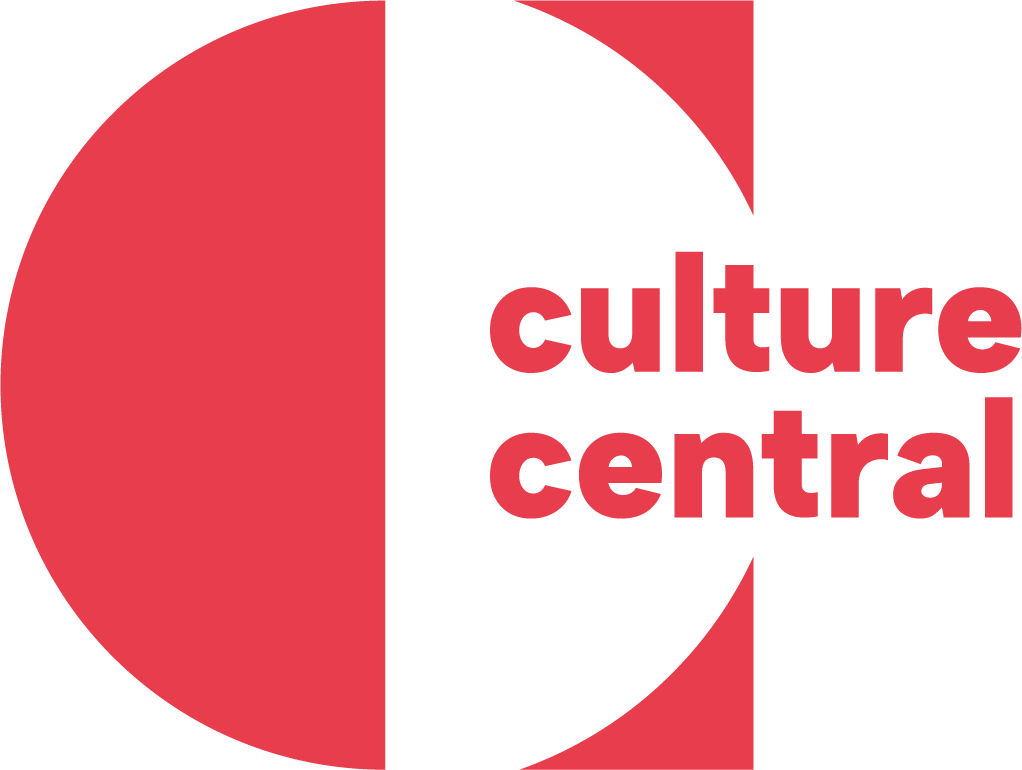Our regional growth enquiry into the future of cultural investment in the West Midlands
Culture Central and the West Midlands Cultural Compacts network are working with City-REDI at the University of Birmingham to understand the finances of the cultural sector in the West Midlands region after March 2025 and make a series of policy recommendations to funders, stakeholders, local and national government based on the needs and potential of the cultural sector in the region.
To help us understand the picture across the whole of the sector – we have one question to ask: How confident are you in the future of cultural investment in the region? Take the survey here now, and read more below to find out more about the enquiry, launching in January 2025.
Why a regional growth enquiry?
Nationally, the cultural and creative sectors have seen growth[1], measured by gross value added (GVA). Specifically for the cultural sector in 2022 GVA by the cultural sector, £34bn billion—5% higher in real terms than in 2019—while GVA of the UK economy as a whole was 2% above 2019 levels in 2022[2]. The cultural sector as defined by DCMS covers: arts; film, TV and music; radio; photography; crafts; museums and galleries; library and archives; cultural education; and operation of historical sites and similar visitor attractions.
The most recent estimates from DCMS show that this growth is continuing. The cultural sector contributed £34.6bn in 2022, accounting for 1.6% of UK GVA. GVA of the cultural sector grew by 6.4% from 2021 to 2022, leaving it 3.0% higher than pre-pandemic (2019) and 19.2% larger in 2022 than in 2010 in real terms[3].
Although the economic growth and importance of the cultural and creative sectors has long been established in both national, regional and local policymaking, with continued research demonstrating its impact such as ‘Assessing the direct impact of the UK arts sector’ by McKinsey[4], and the Economic Analysis as part of the West Midlands Cultural Sector Research Project[5]; the sector continues to face challenges in terms of it’s day to day economic support and forward planning.
Recently, a number of mappings and campaigns about the current position of the cultural sector and its funding have been released, such as:
‘The State of the Arts’ [6] by The Campaign for the Arts providing a health check on areas such as funding, provision, engagement, education and employment.
New research commissioned by Equity and carried out by the Autonomy Institute showing that overall arts funding for the UK from national bodies (Arts Councils England, Arts Council of Northern Ireland, Arts Council of Wales and Creative Scotland) has been cut 16% in real terms since 2017[7]. Including a tracker to show changes in Arts Council funding to different local authority areas[8].
The Local Government Associations report on funding ‘Cultural funding: challenges and opportunities’ articulating the loss and decline of cultural funding from local authorities that has come under huge strain in recent years as a result of pressure on council budgets and rising demand for vital statutory services like adult social care. Between 2010 and 2024 annual spend on culture and leisure services saw a real-terms annual spending fall of £2.324 billion[9].
These national concerns have specific regional impacts – and the national contexts of changes and reductions in arts and cultural funding, pressures on other income streams for the cultural sector and shifts in local authority finance pose significant challenges to those working in the cultural sector[10]. These challenges are framed within broader economic contexts of post-covid recovery, the cost of living crisis, and changes to local, regional and national political leadership[11].
In terms of cultural investment, the West Midlands region has received significant levels of support in recent years. Coventry City of Culture and the Birmingham 2022 Commonwealth Games have both attracted significant investment and support for the regions cultural ecology. Alongside these major events, there have been significant interventions in cultural funding through the UK Shared Prosperity Fund, the Levelling Up Fund, Cultural Investment Fund and Cultural Recovery Funding amongst others.
This investment has led to increased activity, skills and support for culture and creativity across the region with both local and regional political leadership and stakeholders wanting to ensure that culture is kept as a priority even within the challenging economic climate. Most recently this has been supported through the Commonwealth Games Legacy Enhancement Fund (CWGLEF) supporting many community and cultural organisations and individuals with funding and capacity building for the sector.
In March 2025 a significant number of challenges face the region. Local Authority spending on culture as a non statutory spend remains precarious, with many local authorities having to significantly change their cultural funding offers and support. Similarly the CWGLEF fund will also end, and many funders, trusts and foundations are also becoming increasingly inundated with requests for funding that outstrip supply. There is also currently no indication of the shape and scale of future levelling up investment or continuation of the UK Shared Prosperity Fund. As the region has built up its capacity and developed its workforce, offer and audiences, there is a significant risk that from April 2025 many organisations and individuals will face an increasingly challenging economic climate. This piece of research aims to understand the full picture of the cultural sectors regional economic position and establish what investment, support or ways of working are required to ensure that the cultural ecology of the West Midlands can continue to best meet the needs of the people and places of the region.
What will the enquiry cover:
Culture Central and the West Midlands Cultural Compact network are working with City-REDI at the University of Birmingham on an economic mapping and analysis and an actions, activity and advocacy report.
A full economic mapping, and report of the inputs and outputs of the cultural sector in the West Midlands geographic region, with forecasting of investment from 2025 onwards will include:
Arts Council England investment (including all funded activity)
Local Government investment in culture
Earned income for culture
Corporate and philanthropic giving (including regular giving)
Direct government investment in culture (From DCMS and other relevant departments such as DLUHC, DfE).
Lottery funding for culture
Comparisons of relevant metrics (where useful) with other regions of England
Based on the economic mapping of the region an analysis there will be an action report detailing:
The predicted investment ‘gap’
Types and levels of investment required
Policy levers and opportunities
A case for support for the regions cultural sector relevant to funders, local, regional and national government and business.
This report will highlight what types of investment and support is required in the region to support (e.g.) economic growth, infrastructure, cultural production, social value and create a compelling case at the highest levels for the support required for the cultural sector based on the demographics of the region and the existing levels of skills, and investment that the region has to date. Additionally the report will consider what other levers for investment might exist (for example creative education) and where/how the cultural ecology might be supported to deliver against these strategic priorities.
References:
[1] https://lordslibrary.parliament.uk/contribution-of-the-arts-to-society-and-the-economy/#:~:text=These%20show%20that%20in%202022,above%202019%20levels%20in%202022
[2] https://www.gov.uk/government/statistics/dcms-and-digital-economic-estimates-monthly-gva-to-sept-2023/using-annual-estimates-from-summed-monthly-data-dcms
[3] https://www.gov.uk/government/statistics/dcms-and-digital-sector-gva-2022-provisional/dcms-sectors-economic-estimates-gross-value-added-2022-provisional
[4] https://www.mckinsey.com/uk/our-insights/assessing-the-direct-impact-of-the-uk-arts-sector
[5] https://www.wmca.org.uk/media/o5mfd0dj/economic-report-web.pdf
[6] https://www.campaignforthearts.org/wp-content/uploads/2024/07/The-State-of-the-Arts.pdf
[7] https://www.equity.org.uk/news/2024/uk-arts-councils-cut-funding-16-in-real-terms-since-2017
[8] https://www.equity.org.uk/campaigns-policy/arts-funding-tracker
[9] https://www.local.gov.uk/topics/culture-tourism-leisure-and-sport/cultural-funding-challenges-and-opportunities
[10] https://pec.ac.uk/blog_entries/a-new-deal-for-arts-funding-in-england/
[11] https://www.artsprofessional.co.uk/magazine/article/arts-funding-policy-under-new-government

